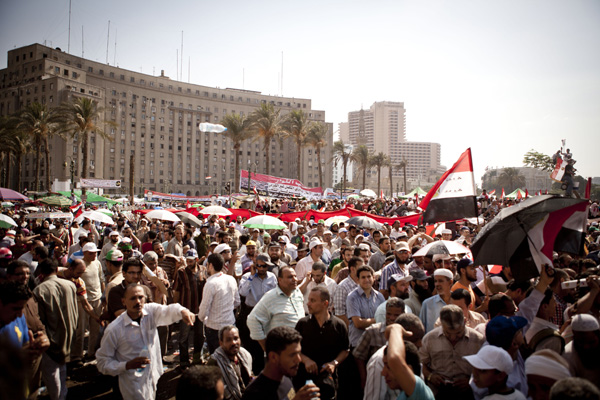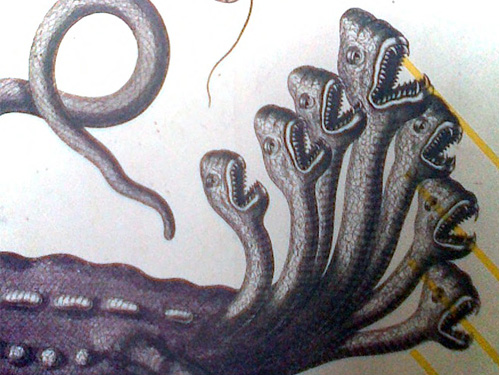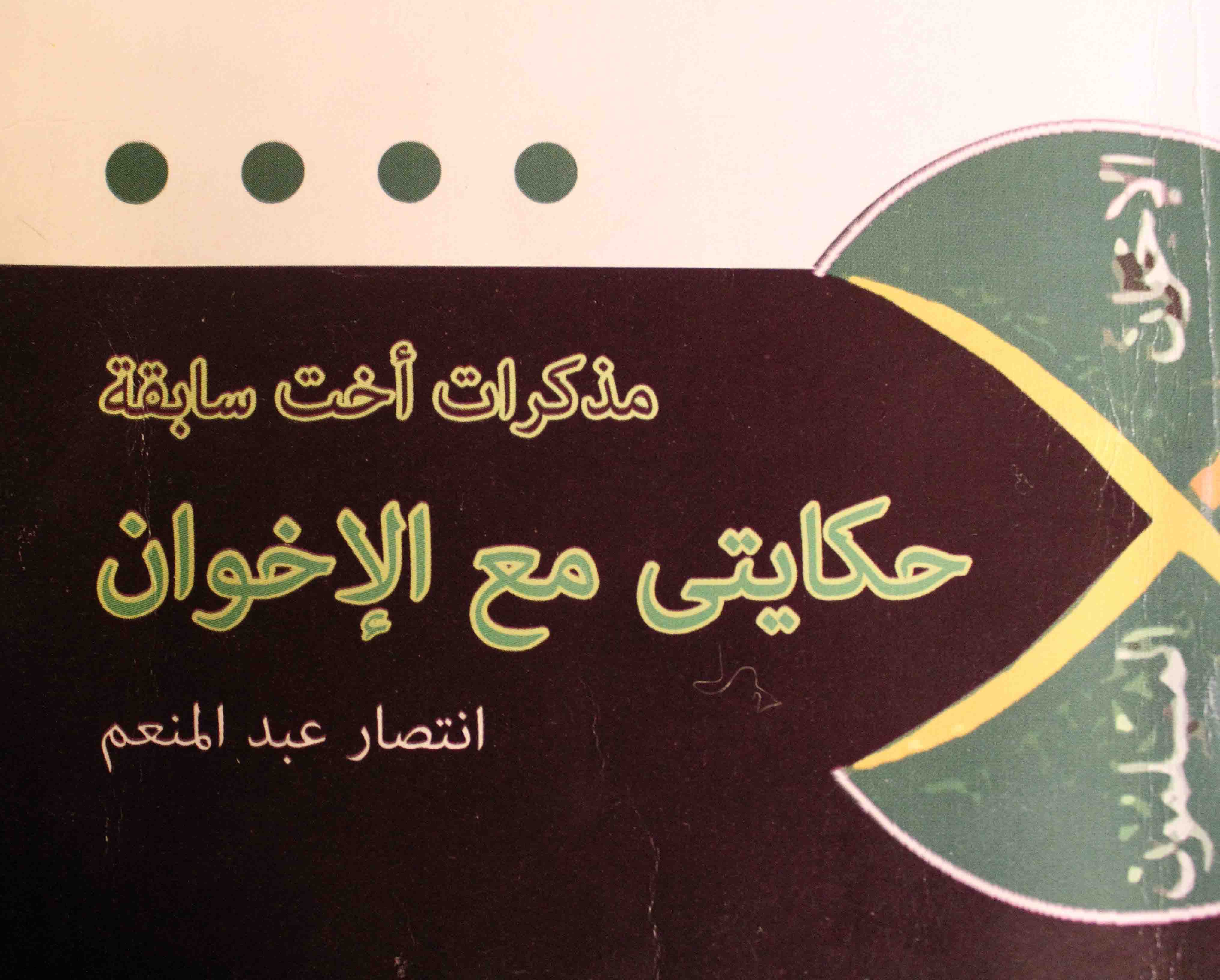Laylat Safar (‘Departure Night‘) is Mohamed Nagui’s seventh novel since 1994, published by Dar al-Hilal shortly before its author went to France for a major surgery.
The events of the novel take place over the course of one night; when Abdel Qawi’s grandson decides the only way to save the money he needs for his marriage is by working in the Gulf. In the aftermath of the earthquake that hit Egypt in 1992, the grandfather is left behind, alone, in a building on the brink of collapse. In the apartment next to him lives Kokab, a forlorn elderly Christian woman long retired from her work as a school head mistress.
The agitated Abdel Qawi and Kokab spend that night together, united in fear that their crumbling building will collapse and in the equally agonizing panic of being kicked out by their landlord who has managed to obtain a decision to have the apartments evacuated.
The novelist exhibits remarkable skill at describing an emotionally-charged, nerve-racking night as the elderly couple await an uncertain fate.
Delicately-woven like the finest lace, this novel favors human affection in its broader sense. As the cracks in the walls that separate Kokab and Abdel Qawi’s apartments widen, they become windows that draw the hopless couple closer together, as an affectionate relationship develops between the two.
Religion aside, Kokab and Abdel Qawi are but two human beings each of whom discovered the other through their experience.
Books




